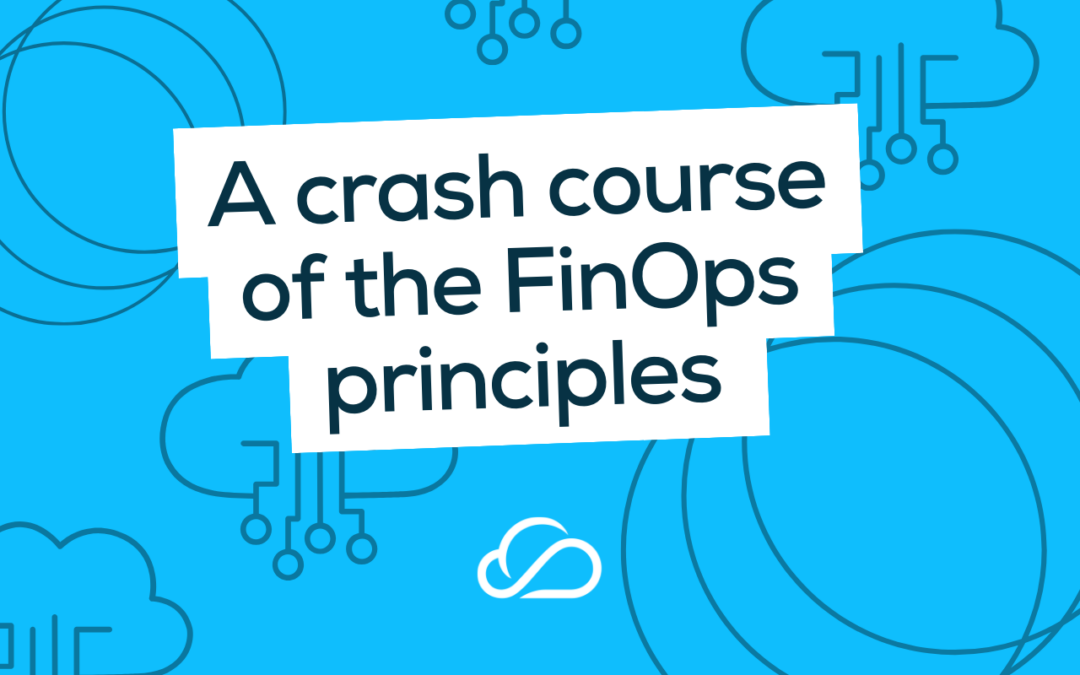FinOps principles are there as a guideline for businesses to follow to ensure a successful FinOps integration. Without these principles, implementing FinOps will be a hollow effort as actions are not taken to set the business and its cloud usage up for success.
There are six FinOps principles to consider, none of them in any specific order, but all of them should be taken as a whole if you wish to set yourself up for success.
1. Teams Need to Collaborate
FinOps requires a cultural change between your departments. There will be no more separated teams, as with FinOps, teams must collaborate and work together toward a common goal – optimizing cloud spend. Teams must cross-function in order to improve cloud costs effectively. Collaboration between teams can build a solid foundation of cloud financial management.
2. Everyone Takes Ownership of Their Cloud Usage
The only way to ensure organization and effectiveness is for everyone to be accountable for their cloud usage. Teams must be responsible for their product and resource use so it can be properly tracked and managed. This will keep everyone within their budget and allow for adjustments where necessary.
3. A Centralized Team Drives FinOps
A central team that manages your cloud spending and strategy can encourage accountability, best practices, and proper security. They will help create strategies, budgets, cost forecasts, and cost control guidelines and develop the proper tools and dashboards to optimize spending and team collaboration.
4. Reports Should Be Accessible and Timely
A surefire way to push for better results, faster decisions, and more effective strategies is to keep reports accessible and timely to all those who need to use them. This could be multiple financial, executive management, or engineering departments. Having this in place can ensure real-time forecasting and planning, consistent visibility of cloud spend, faster feedback loops, and trending and variance analysis.
5. Decisions are Driven by the Business Value of the Cloud
FinOps doesn’t just track cloud costs; it also helps make decisions based on what will increase the business’s cloud value. This allows teams to scale quickly and leverage managed services depending on cloud value.
6. Take Advantage of the Variable Cost Model of the Cloud
The variable cost model of the cloud can be a significant benefit in your monthly payments and deciphering what is necessary and what isn’t. You can access just-in-time prediction, planning, and purchasing and implement current data-based planning rather than long-term planning. All of this can ensure that you use your resources optimally to continue lowering your cloud costs.
These six principles are essential to any optimal cloud cost management. If you have further questions or want to see how FinOps can benefit your business, contact FinOps Oversight.

